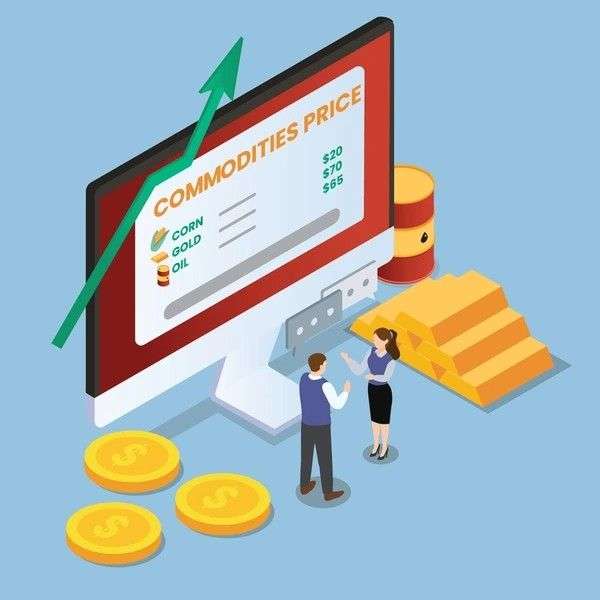A Commodity Broker is a professional who facilitates the buying and selling of commodity contracts on behalf of clients. These commodities can include agricultural products, metals, energy resources, and more. Brokers act as intermediaries between buyers and sellers in commodity markets, helping clients to trade commodity futures, options, and other derivatives.
Table of Contents
Key Functions of a Commodity Broker
1. Executing Trades:
- Buying and Selling: Brokers execute buy and sell orders on behalf of their clients, ensuring transactions are completed efficiently.
- Market Access: They provide access to various commodity exchanges, such as the Chicago Mercantile Exchange (CME) and the London Metal Exchange (LME).
2. Advising Clients:
- Market Insights: Brokers offer insights and advice based on market trends, helping clients make informed decisions.
- Risk Management: They assist clients in managing risks by recommending strategies like hedging to protect against price volatility.
3. Providing Research:
- Market Reports: Brokers often provide detailed market reports, analysis, and forecasts to keep clients informed about potential opportunities and risks.
- Economic Indicators: They interpret economic indicators that can affect commodity prices, such as weather conditions for agricultural commodities or geopolitical events for energy products.
Importance of a Commodity Broker
1. Expertise and Knowledge:
- Market Expertise: Commodity brokers have specialized knowledge of commodity markets and trading strategies, which can be invaluable for clients.
- Regulatory Compliance: They ensure that all transactions comply with relevant regulations and exchange rules.
2. Convenience:
- Streamlined Trading: Brokers simplify the trading process for clients, handling the complexities of executing trades and managing accounts.
- Time-Saving: Clients can focus on their core business activities while brokers manage their commodity trading needs.
3. Risk Mitigation:
- Hedging Strategies: Brokers help clients develop and implement hedging strategies to protect against adverse price movements.
- Diversification: They provide opportunities for diversification by offering access to a wide range of commodity markets.
Example of a Commodity Broker
Interactive Brokers:
- Global Reach: Interactive Brokers is a well-known brokerage firm that offers access to commodity markets worldwide.
- Research Tools: The firm provides extensive research tools, market analysis, and trading platforms to assist clients in making informed decisions.
How to Choose a Commodity Broker
1. Reputation:
- Track Record: Look for brokers with a strong track record and positive reviews from clients.
- Regulation: Ensure the broker is regulated by relevant financial authorities to guarantee compliance and protect your investments.
2. Services Offered:
- Range of Markets: Choose a broker that offers access to the specific commodity markets you are interested in.
- Research and Tools: Consider brokers that provide robust research tools, market analysis, and educational resources.
3. Fees and Commissions:
- Cost Structure: Compare the fees and commissions charged by different brokers to find one that offers competitive pricing.
- Transparency: Ensure that the broker is transparent about all costs and does not have hidden fees.
Challenges Faced by Commodity Brokers
1. Market Volatility:
- Price Fluctuations: Commodity prices can be highly volatile, making it challenging for brokers to provide consistent advice.
- Risk Management: Brokers must continuously develop and adjust risk management strategies to protect clients’ interests.
2. Regulatory Changes:
- Compliance: Brokers must stay updated with regulatory changes and ensure compliance to avoid legal issues.
- Reporting Requirements: They need to adhere to stringent reporting requirements, which can be time-consuming.
3. Competition:
- Competitive Landscape: The brokerage industry is highly competitive, with many firms offering similar services.
- Technological Advancements: Brokers must keep up with technological advancements to provide the best trading platforms and tools.
Conclusion
A Commodity Broker plays a crucial role in facilitating the trading of commodities, providing expert advice, executing trades, and helping clients manage risks. By understanding the functions and importance of commodity brokers, clients can make informed decisions and effectively navigate the complexities of commodity markets.





